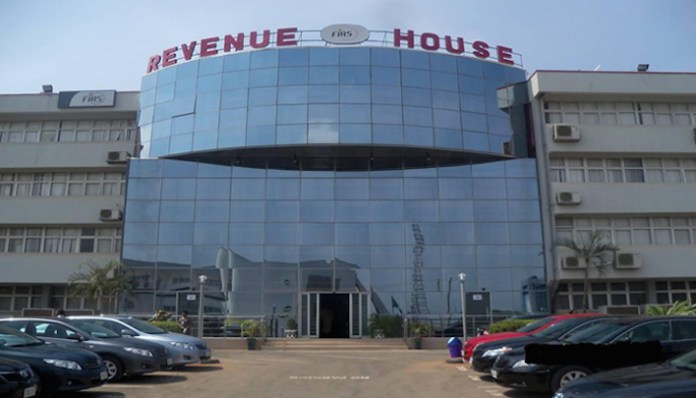Article Update: Regulatory and compliance requirements every business owner in Nigeria must know

Article Update: 6 virtues that a small business owner must possess
September 21, 2017
Nigeria Update: FG reconstitutes investment, securities tribunal
September 21, 2017Businesses operating in Nigeria are increasingly being regulated as the Government strives to promote good corporate governance and best practices. To ensure your business is on the right side of the law and compliant there are certain regulatory requirements, which must be obtained. Here they are;
Tax Clearance Certificate – This needs no introduction and is issued by the Federal Inland Revenue Service. In their bid to capture the informal sector into the tax net, the FIRS has basically ensured that as a compliance requirement, most multinationals and large cap companies must request for Tax Clearance Certificate from Vendors before contracts are consummated and LPO’s issued. Tax clearance Certificates are obtained after filing your Audited Accounts on or before the sixth month of any financial year and paying the tax liability if any. For example, Audited Accounts for year ended December 31, 2012 must be filed on or before June 30 2013. Applications filed after the stipulated period attracts penalty.
Vat and WHT Remittances – VAT and WHT are indirect taxes collected by companies on behalf of the Government. The Government expects these deductions to be remitted monthly as such any failure to do so can attract very stiff penalties. You must make sure your remittances are up to date. Non-evidence of VAT and WHT remittances can often lead to a non-issuance of Tax Clearance Certificate.
Annual Returns – Annual Returns (AR) are statutory filing which must be done the Corporate Affairs Commission. Annual Returns are prescribed under Part XII clause 370-378 in the Company and Allied Matters Act CAMA. They include Audited accounts signed and approved by the shareholders and board of directors of a company, details of shareholdings for the year, debentures or loans etc. AR must be filed within 42 days after a company has had its Annual General Meeting (AGM) Company, which must be filed.
Employee Compensation – Employee Compensation is an insurance contributed by employers on behalf of their employees. It is mandatory and collected by the Nigerian Social Insurance Trust Fund (NSITF). NSITF officials regularly inspect organizations for compliance and also proffer still penalties. It is calculated as minimum monthly contribution 1% of total monthly Payroll to the fund.
Industrial Training Fund -Industrial Training Fund is also another contributory scheme managed by the Industrial Training Fund. Companies are expected to donate 1% of their Payroll Budget. They are however expected to refund part (about 50% of the contribution) of this amount at the end of the year providing companies are able to show evidence of training their staff. However, approval is still subject to conditions stipulated by the Fund irrespective of whether training was carried out.
Lassa Approval – Lagos State Signage Agency (LASSA) approves the placement of signage, billboards etc. in Lagos. Some states have already followed Lagos State by also inaugurating their own Signage Agencies. Common displays such as having the name of your company on a wall, stand alone object or by the lawn close to your office building require LASSA approvals which can be obtained after following specified designs and paying fees. These fees are also charged annually and incur penalties if left unpaid.
Local Government Permits and Levies – The Local Governments also oversee several other licenses such as, Waste Disposal, Environmental Permits, TV licenses etc. Local Governments take these levies seriously and can be quite persistent with collection. Once levies are paid they issue permits accordingly. Default in payment of levies can lead to threat of closure of your premises
SON Approvals – The Standard Organization of Nigeria requires every company in Nigeria to register the product that they well with them. They enforce standardization processes amongst industry and are recognized by law. Manufacturers and importers of unassembled goods fall under this umbrella and must obtain SON Approvals to trade.
Financial Crime Prevention Returns – For organizations such as banks, hotels, cash vendors etc the EFCC, CBN and SSS typically request for schedule of forex transactions and movement of cash exceeding a prescribed limit. This is to prevent money laundering and other fraudulent activities associated with the movement of cash.
FRC – The Financial Reporting Council is a new body which requires every company in Nigeria to register with them. They oversee the standardization of preparation of financial reports as prescribed by the Act setting them up. They also require consultant in other fields other than accounting to register with them provided to provide services that are reported in the financial statements. Their scope is quite large and they have begun earnestly to register most companies.

